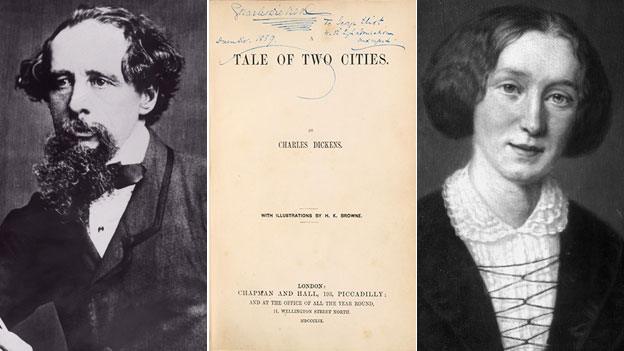Appeal for help to decode mystery Dickens texts
- Published
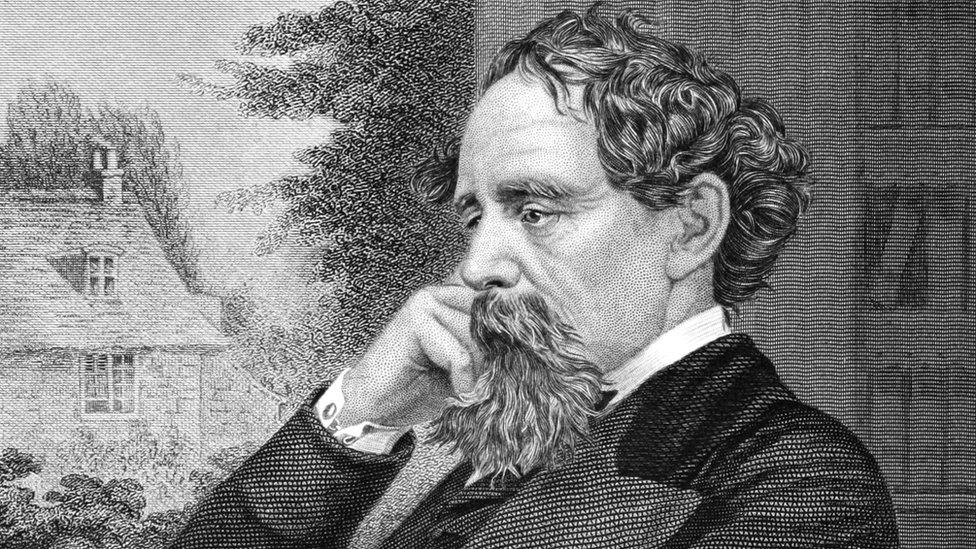
Researchers have great expectations for what the public can achieve
Researchers are calling on the public to help decipher some of Charles Dickens' coded manuscripts.
The famous author of A Christmas Carol and Oliver Twist wrote many notes in a personalised form of shorthand.
The Dickens Code project, led by the University of Leicester's Dr Claire Wood, aims to unpick the texts - potentially uncovering new stories.
It is offering a £300 reward to anyone who can decode a specific piece, the Tavistock letter, by 31 December.
Dr Wood said: "Given Dickens' international fame, it is amazing to think there are texts that have never been read.
"These could be extracts from books on Dickens' bookshelf, extemporised speeches, or potentially short stories."
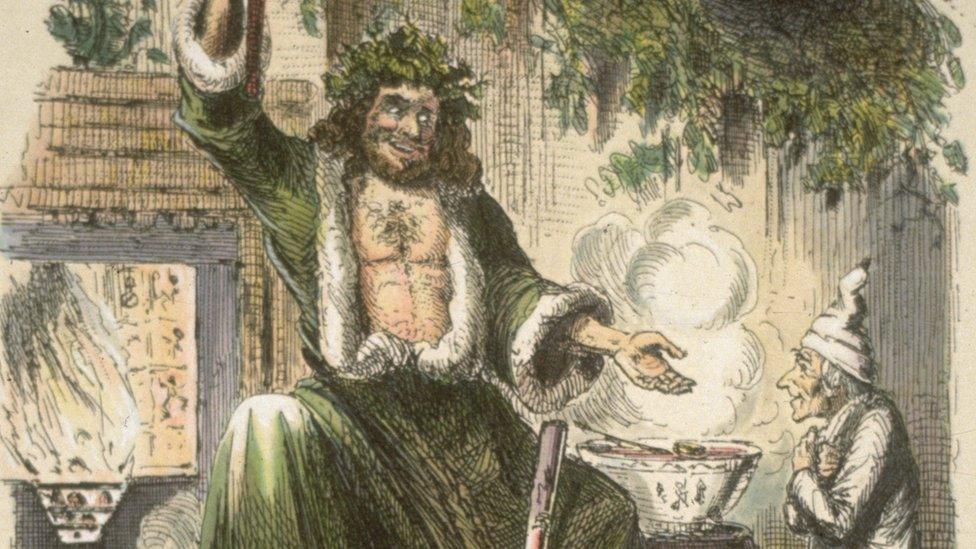
Charles Dickens - famous for festive work A Christmas Carol - is regarded as one of the most important writers of the 19th Century
Dickens trained as a journalist and, according to Dr Wood, learning shorthand had a significant impact on the way he thought about words.
He used a form known as Gurney and it influenced the naming of some of his most famous characters because removing vowels is an important part of it.
Dr Wood added: "Shorthand was a key part of Dickens' toolkit as a writer but, because the system that he learned was difficult in its own right and because he adapted the rules and invented his own symbols, it has proved extremely tricky to decipher.
"We're left with a complex type of word puzzle, which requires imagination and persistence to crack."
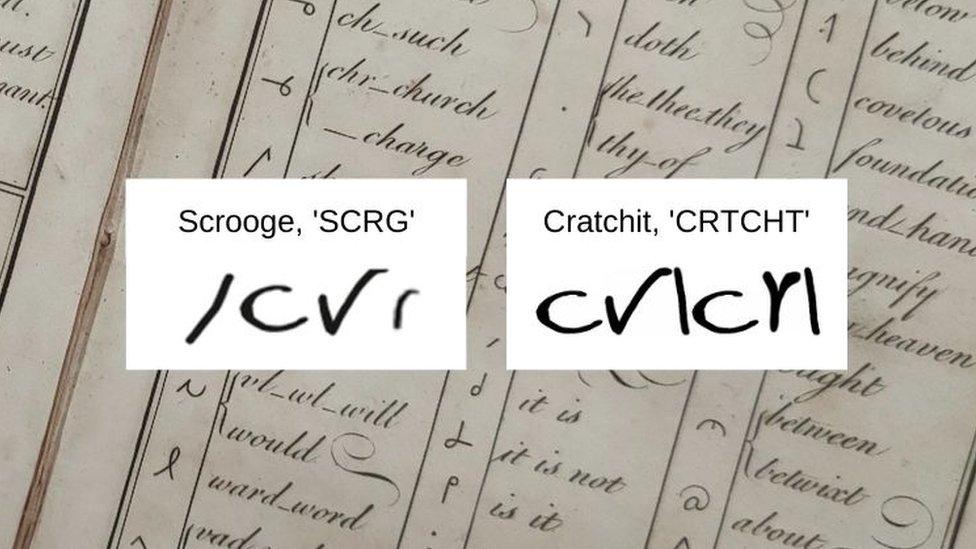
The names Scrooge and Cratchit in the now obsolete Gurney alphabet
The Dickens Code project, which has its own website, is funded by the UKRI's Arts and Humanities Research Council and Dr Wood is collaborating with Professor Hugo Bowles at the University of Foggia in Italy.
They are asking for the public's help in cracking a text known as the Tavistock letter.
There is a £300 reward for the best full or partial attempt to decode it.
Dr Wood added: "The more people who get involved, the more likely it is that we'll finally solve a mystery more than 150 years in the making."

Follow BBC East Midlands on Facebook, external, on Twitter, external, or on Instagram, external. Send your story ideas to eastmidsnews@bbc.co.uk, external.
Related topics
- Published1 December 2021
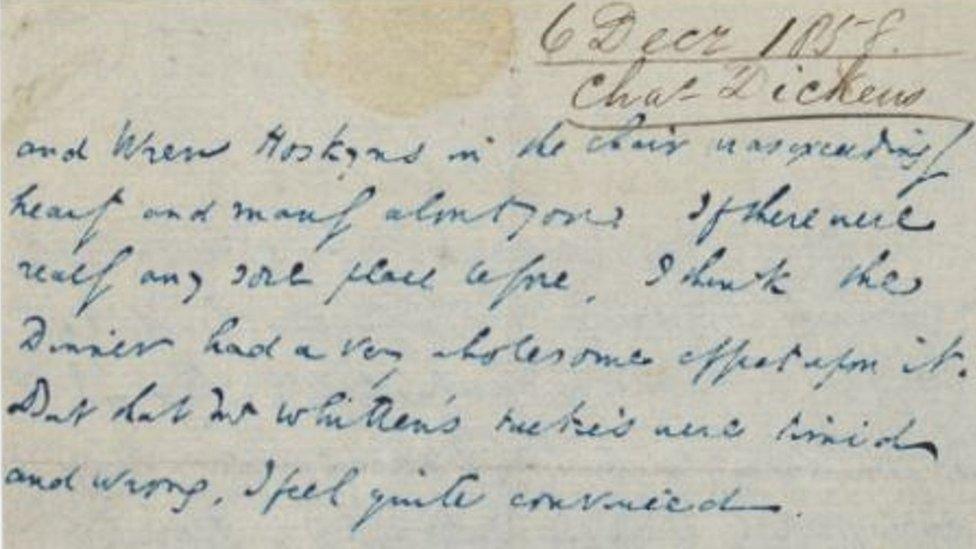
- Published19 August 2014
